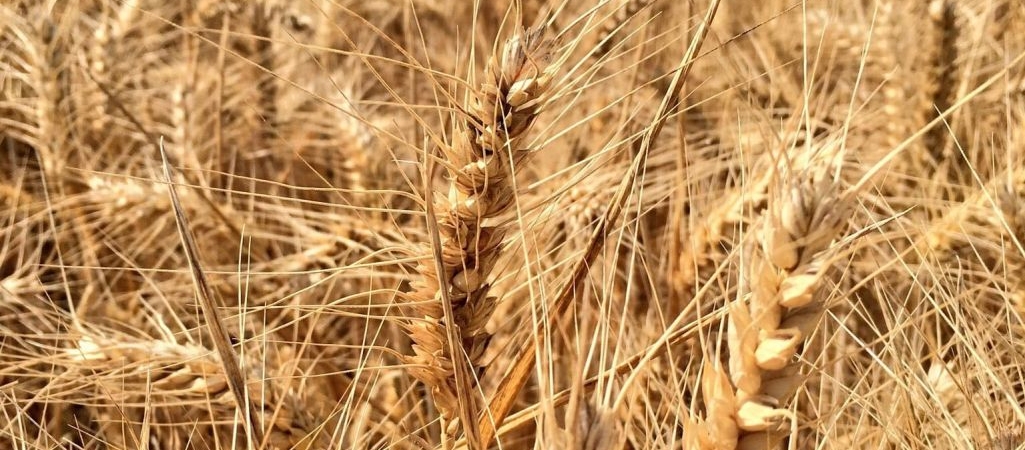Innovative organic wheat variety helps baker produce sustainable loaf
An innovative variety of organic wheat is giving a Nottinghamshire baker a unique chance to strengthen relationships across the supply chain and produce a more sustainable loaf of bread.
Thanks to her links with BBC Food and Farming nominees, Hodmedods, Kimberley Bell of the Small Food Bakery in Nottingham is using flour from the Organic Research Centre’s Wakelyns Population wheat to bake a very special variety of sourdough bread.
Designed by Professor Martin Wolfe to produce a diverse crop population, ORC Wakelyns’ wheat is the result of an evolutionary breeding programme involving 190 crosses of 20 different parent varieties.
By mixing the resulting seed, researchers created a genetically diverse variety which is not only suited to organic and low-input systems, but is also able to better withstand challenges from pests and extremes of weather.
Now the ORC is working with Kimberley to find out how easy the crop’s resulting flour is to bake with, and whether it results in a tasty loaf which has a strong story to tell consumers about how their bread was produced.
“I started using the Wakelyns flour after Hodmedods sent me a bag,” says Kimberley. “When I tried it I realised that it might be an interesting type of grain from its flavour, so I asked Hodmedod’s what it was, and that’s when I discovered its incredible story.”
For Kimberley, aside from the flavour, flour from the Wakelyns Population connects heavily with her bakery’s ethos to produce better-tasting food which is not only more sustainable for the environment, but has strong links to primary producers.
By ensuring her farmer suppliers are given fairer prices for their produce, Kimberley wants to help shorten supply chains and build relationships with growers so that her customers can get a better understanding of where their food comes from.
“The Wakelyns wheat has the most incredible set of credentials,” she adds. “People often argue that wheat production can never be sustainable, but the Wakelyns wheat seems to be part of the solution to our environmental problems of mono-cropping and using so many inputs.
READ FULL ARTICLE